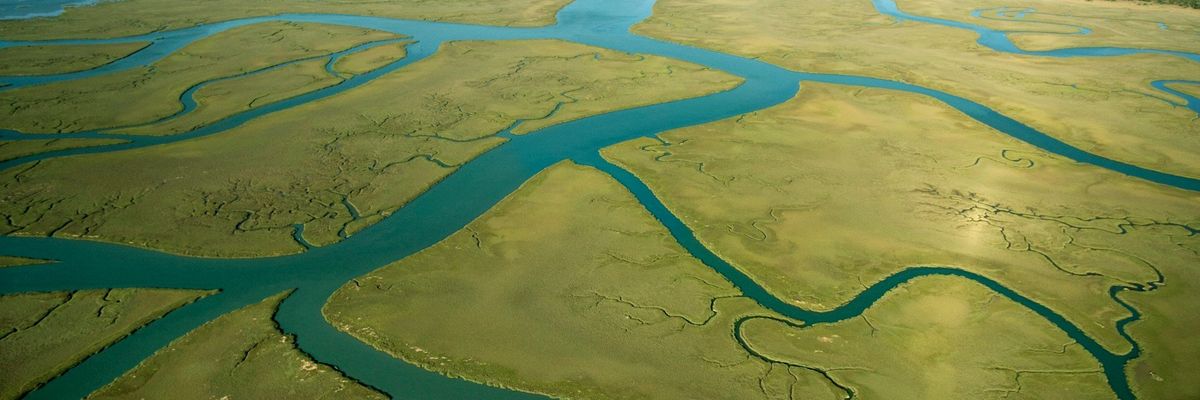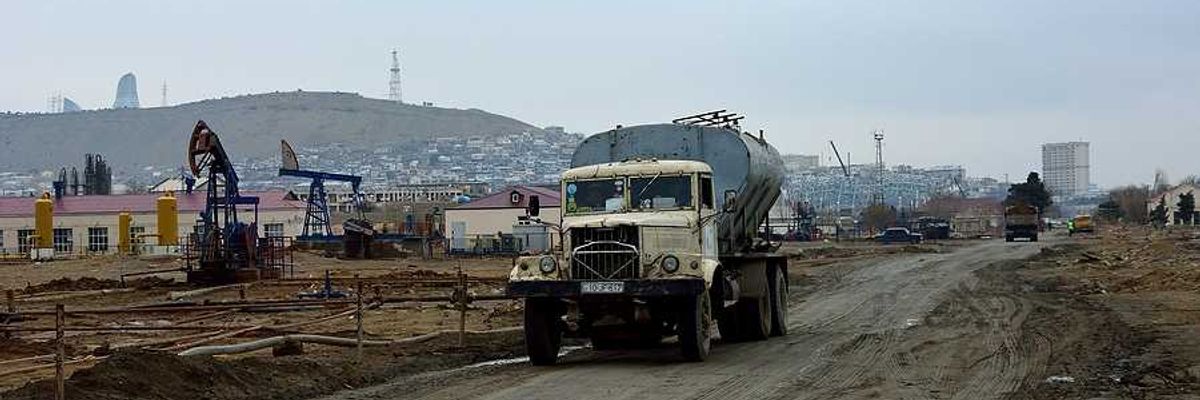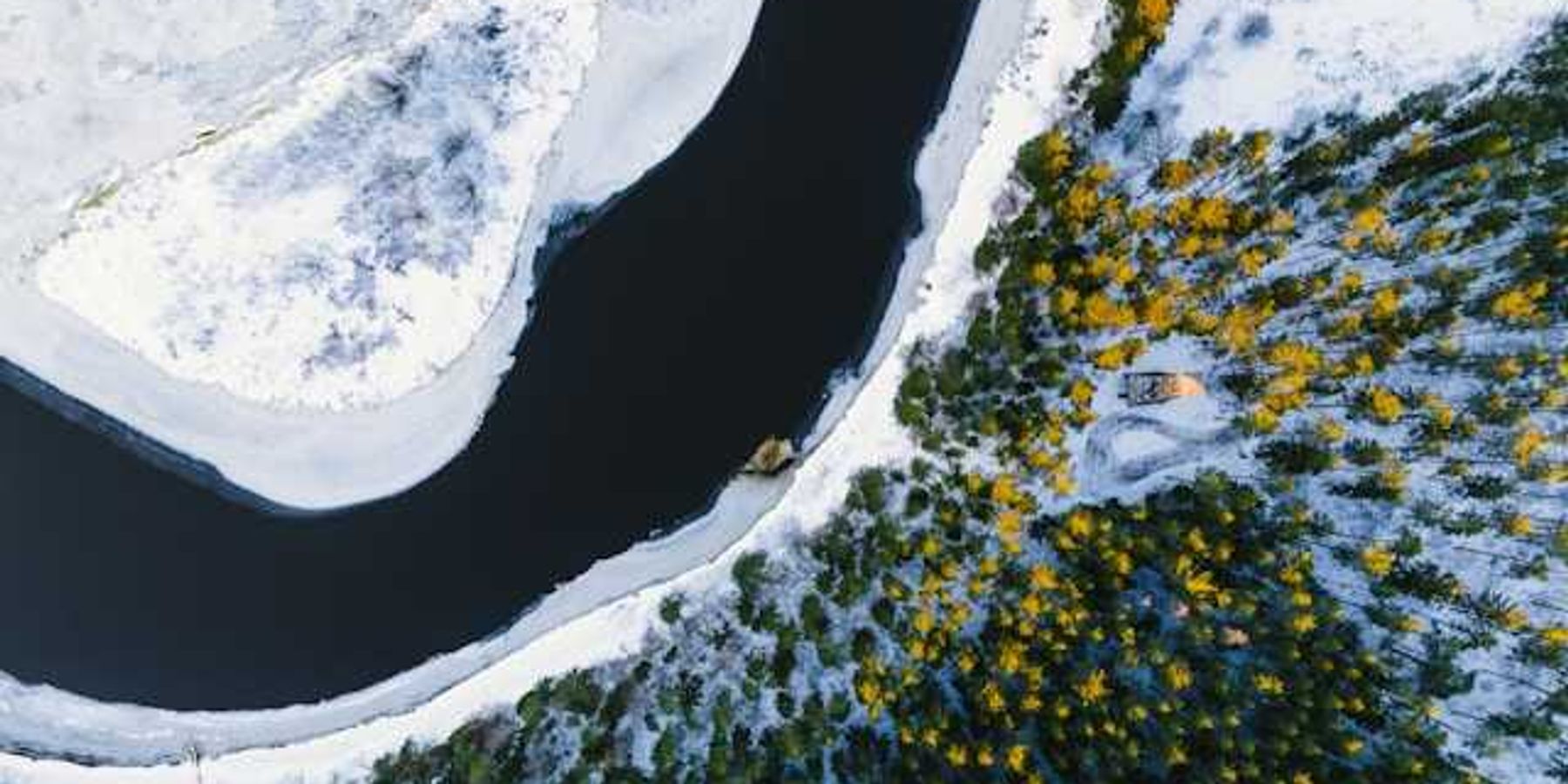parasites
Reevaluating the role of parasites in ecosystems
Research shows that parasites can indicate overall ecosystem health and biodiversity.
In short:
- Chelsea Wood, a parasite ecologist, highlights the often misunderstood benefits of parasites in ecosystems, using their complex interactions to argue their importance.
- Wood compares parasite roles to historical predator roles in ecosystems, noting significant parallels in their necessity for environmental balance.
- Recent studies by Wood's team show a decline in complex parasites due to climate change, raising concerns about the broader ecological impacts.
Key quote:
“In some populations, 100 percent of them are infected, and 50 percent of their biomass is parasite."— Chelsea Wood, University of Washington
Why this matters:
This research challenges our traditional view of parasites as mere pests and instead reveals their integral role in maintaining ecological balance and how their loss could signify broader environmental issues. Read more: The planet’s largest ecosystems could collapse faster than we thought.
Keep reading...Show less
Climate change imperils coffee. A rescue plan is brewing in Vietnam.
As climate change imperils the much-loved but vulnerable arabica coffee plant, Vietnam is going all in on more robust robusta.
Global warming may make you miss these parasites when they’re gone
Warming temperatures in one part of the world seem to have driven down the parasite population, suggesting another unexpected way that climate change harms ecosystems.
Honeybee vaccine developed by UGA and Dalan Animal Health
In the fight to save the honeybees, UGA partners to make a honeybee vaccine ready for the market.
Why tick-borne diseases have reached ‘epidemic proportions’
Infections have more than doubled in the U.S. since 2004, afflicting many patients with long-term memory problems, overwhelming fatigue, and even red-meat allergies.
Do we still need to save the bees?
Pollinators are in trouble, but be careful about which bee you mean.
The high-altitude quest to save alpacas
The once-verdant mountain pastures where alpacas graze are drying out from climate change; scientists, herders, and activists are rallying to find solutions.
ORIGINAL REPORTING
MOST POPULAR
CLIMATE









